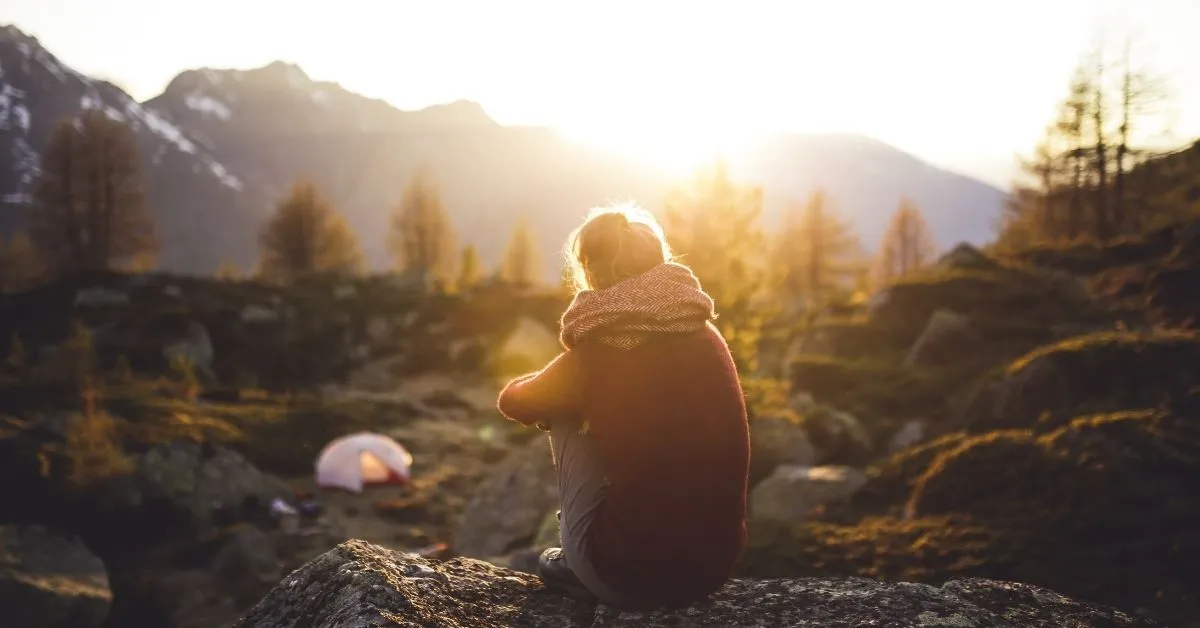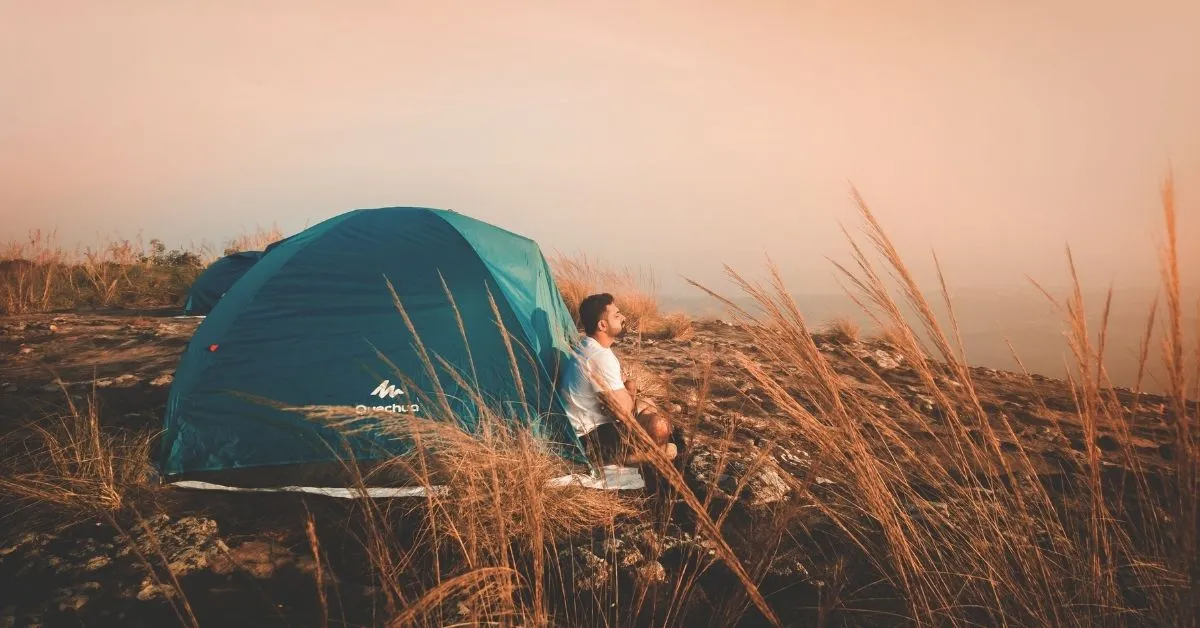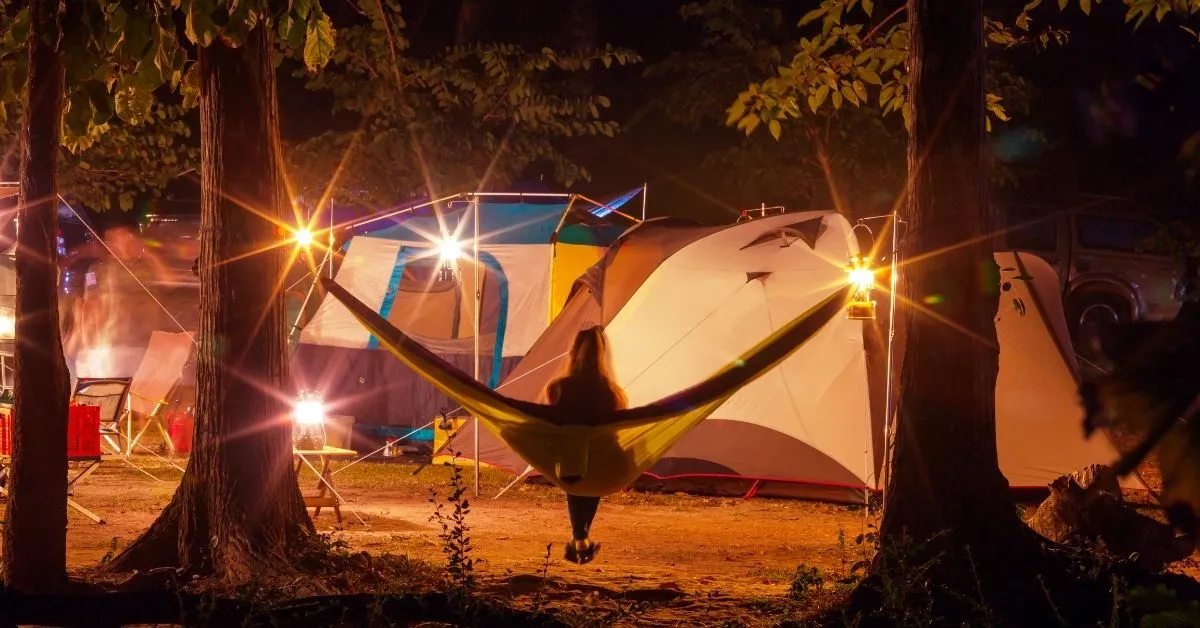Wondering how much you should spend on a tent? Don’t worry, we’ve got you covered. In this guide, we’ll explain the different factors to consider when buying a tent so that you can find out what to expect in terms of costs.
Generally speaking, you can spend between $30 to several hundred dollars on a tent. Tent costs vary depending on the tent’s features, size, quality, and brand.
When it comes to finding the perfect tent, price is only one factor to consider. You’ll also want to think about the tent’s intended use, how easy it is to set up and take down, and how comfortable it is.
By the end of this post, you’ll have the answer to your question “how much is a tent” because we’ll discuss the factors to consider when shopping for a tent. Then, we’ll talk about the budget and price ranges for different types of tents.
Factors To Consider When Buying A Tent
There are a few different factors that will affect the cost of your tent. The most important factor is the size of the tent. The bigger the tent, the more expensive it will be. Other factors include the quality of the materials, the brand, and the tent’s features.
Let’s take a closer look.
Tent Size
When purchasing a tent, the most significant aspect to consider is its size. The larger the tent, the more costly it will be.
For example, a three-person tent will cost more than a two-person tent. And a four-person tent will cost more than a three-person tent. Of course, there are exceptions to this rule. Some high-end brands charge premium prices for their tents, regardless of size.
To give you an idea, let’s take a look at the average cost depending on the tent size.
- 2 person: $30 – $100
- 3 person: $60 – $300
- 4 person: $80 – $400
- 6 person: $100 – $500
- 8 person: $200 – $700
- 10 person: $300 – $1,000
- 12 person: $350 – up
These are just general price ranges. The actual cost of the tent will vary depending on the brand, quality, materials, and features.
Materials
The quality of the materials will also affect the price of your tent. In general, higher-quality materials will result in a higher price tag.
Some tents are made with cheaper materials that are more likely to wear out or break. These tents are usually less expensive than tents made with higher-quality materials.
On the other hand, some tents are made with premium materials that can withstand more wear and tear. These tents will be more expensive than tents made with cheaper materials.
That said, if you wish to buy a waterproof tent, it will likely be more expensive.
Brand
The brand of your tent can also affect the price. Some tent brands are known for their high quality and durability. These tents usually come with a higher price tag.
Other tent brands are known for their lower prices. These tents might not be as durable or high-quality, but they’re more affordable. So if the price is a priority for you, you might want to look for inexpensive brands.
Features
The features of your tent can also have an impact on its price. For instance, if you want a tent with a built-in rainfly, you can expect to pay more than if you were to buy a tent without one.
Other features that can affect the price of your tent include windows, doors, storage pockets, and gear loops. The more features a tent has, the higher the price will be.
Budget And Price Ranges For Different Tents
Now that you know a little bit more about the factors that influence the price of a tent, let’s take a closer look at how much you can expect to pay for one.
On the low end, you can find tents for around $30. These are usually small and not very durable, so they’re not ideal for long-term use or camping in harsh conditions. If you’re just looking for something to use occasionally or for short trips, though, this could be a good option.
In the middle range, prices go up to about $100. Tents in this price range are usually larger and more durable, making them better suited for extended use or camping in tougher environments.
At the high end, you’ll find tents that cost $200 or more. These are top-of-the-line models that are designed for long-term use or extreme conditions. If you’re an experienced camper or if you plan to use your tent a lot, this could be the right option for you.
Types Of Tents For Different Use
Depending on how you plan to use the tent, you may be looking for specific features. Here are some of the different types of tents you might be looking for.
Backpacking Tent
These tents are designed to be lightweight and easy to carry, making them a good choice for hikers or campers who have to walk long distances to reach their campsite. Backpacking tents usually have fewer features than other types of tents, but they typically cost more.
Family Tent
These tents are larger and can accommodate more people, making them a good option for families or groups of friends. Family tents often have more features than backpacking tents, such as storage pockets and gear loops, but they can also be more expensive.
Car Camping Tent
These tents are designed for campers who don’t have to hike long distances to reach their campsite. Car camping tents are usually larger and more durable than other types of tents, and they often have more features, such as storage pockets and gear loops. However, they can also be more expensive.
Types Of Tent For Special Needs
If you’re camping with your dog, or with kids, you might need special tents. That said, your special needs might require a different type of tent.
Dog-Friendly Tent
These tents are designed to be comfortable for your dog and easy to set up. Dog-friendly tents usually have a waterproof bottom and plenty of ventilation to keep your dog cool.
You should also pick a more spacious tent if you’re planning on camping with your dog.
Love camping with your dog? Get your furry friend a bed by reading our post about the best camping beds for dogs.
Kid-Friendly Tent
These tents are designed to be safe for kids and easy to set up. Kid-friendly tents often have colorful designs and fun features, such as storage pockets and gear loops.
That said, you might want to pick a spacious tent if your family is bigger.
Tent For Tall People
These tents are designed for people who are taller than average. Tents for tall people usually have more headroom and longer sleeping areas to accommodate people of all heights.
How To Choose The Best Tent For You
Now that you know a little bit more about the different types of tents, it’s time to choose the best tent for you.
To do that, you’ll need to consider the following:
- How do you plan to use the tent
- How many people do you plan to accommodate
- What is your budget
Once you’ve considered all of these factors, you’ll be able to narrow down your options and find the perfect tent for your next camping trip.
Final Thoughts On Tent Costs
Now that you know a little bit more about how much tents cost and the different factors that affect price, you can start shopping for the perfect tent for your needs. Just remember to keep your budget in mind so you don’t end up spending more than you can afford.
The price of a tent varies depending on its size, quality, materials, brand, and features. The most important factor to consider is how you plan to use the tent.
If you just need something for occasional use, a cheaper model should suffice. But if you’re an experienced camper who plans to use your tent often, you might want to invest in a higher-quality model.
No matter what your budget is, there’s a tent out there that’s perfect for you. Just be sure to do your research so you can find the best option for your needs.
Happy tent shopping!
Need more help finding a tent? Read one of the following guides:





